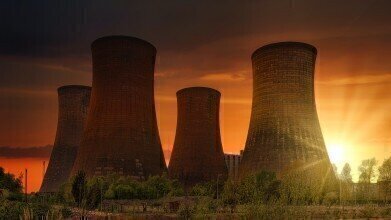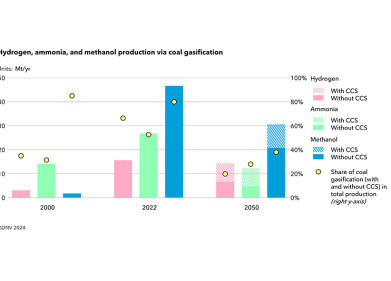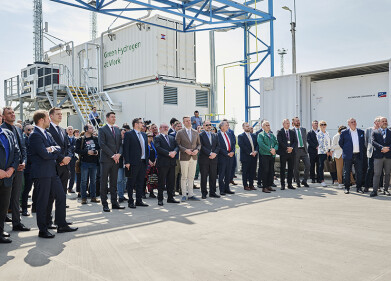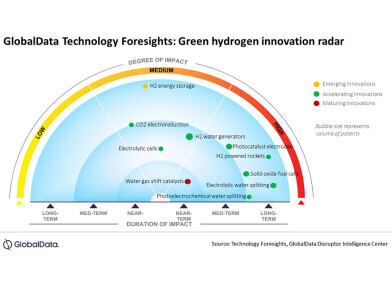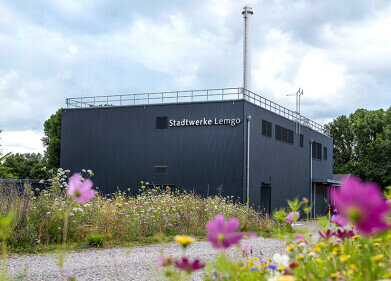Green Energy
Angela Merkel Pledges to Close German Nuclear Plants by 2022
Nov 26 2015
German Chancellor Angela Merkel has signalled her intent to switch off all nuclear power generation within seven years, using renewable energy sources to plug the gap. The ambitious target will involve a process known as die Energiewende, which translates as the energy transition. It is being seen by some as the largest economic project in the country since die Wende – the falling of the Berlin Wall and the unification of East and West Germany.
Setting an Example
Though Germany’s 2013 carbon dioxide emissions were 10.2 tonnes per capita – significantly higher than many European countries, including the UK – they are at least making strides in the right direction. Currently, 26% of all energy comes from wind, solar and other renewables sources such as biogas, which many speculators are hailing as a force to be reckoned with. Chancellor Merkel has indicated she wishes this figure to rise to between 40% and 45% within the next decade, and expects the nation to spend as much as €11 trillion over the coming 20 years to achieve her targets.
Crucially, the country appears to be behind the transition, as well. While big business and industry so often dictate political policy due to economic factors, the country’s biggest business lobby, the BDI, support Chancellor Merkel’s views.
“There is broad consensus in society on the political targets – to reduce CO2 and increase energy efficiency and the share of renewables,” explained Carsten Rolle, who is BDI's chief climate and energy official. “We see the main question as being how to manage the Energiewende.”
An Unfavourable British Comparison
Of course, there are many European countries which vastly outperform the Germans when it comes to adopting renewables and working to limit climate change. Some of the Scandinavian nations, for example, have impressive ratios of renewable to non-renewable energy production. However, it is encouraging that both politicians and businessmen are in alignment in Germany with regards to curbing their emissions and switching to renewables.
By contrast, the UK government has slashed subsidies for British renewables, namely in the solar power sector. At the same time, they have taken the decision to fully support nuclear investment by sanctioning the construction of Hinkley Point nuclear plant in Somerset. The plant, which will be the first one to be built in Europe in the wake of the 2011 Fukushima disaster in Japan, will reportedly cost the taxpayer £4.4 billion in subsidies.
The decision made by the Conservatives was branded “crazy” by the industry spokesperson for the Green Party in the EU, Reinhard Bütikofer. “They are cutting down on solar, PV [photovoltaics], purportedly for cost reasons, while on the other hand they pledge to guarantee the nuclear industry and energy price twice the market price for the next 30 years,” explained Bütikofer. “That’s crazy.”
With the Conservatives widely expected to continue to support investment in fracking – another highly controversial and contaminating method of energy production – Britain’s commitment to tackling climate change could well be under the spotlight in Paris in December, especially when juxtaposed with German designs.
Events
May 05 2024 Seville, Spain
May 13 2024 Munich, Germany
May 23 2024 Beijing, China
May 23 2024 Beijing, China
Jun 10 2024 Algiers, Algeria
